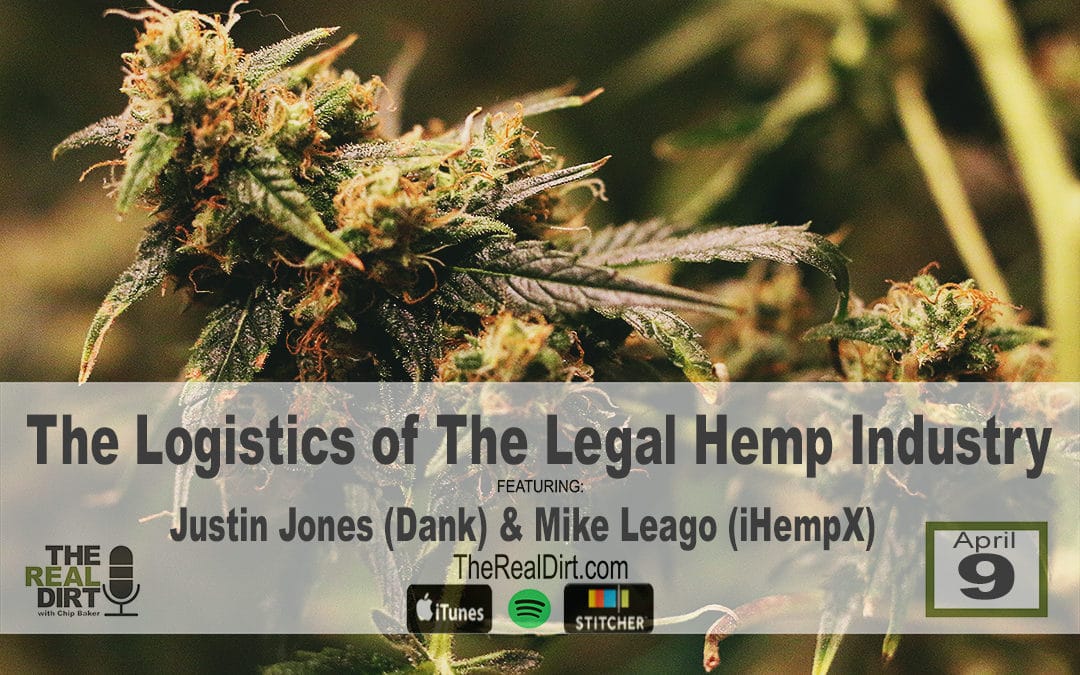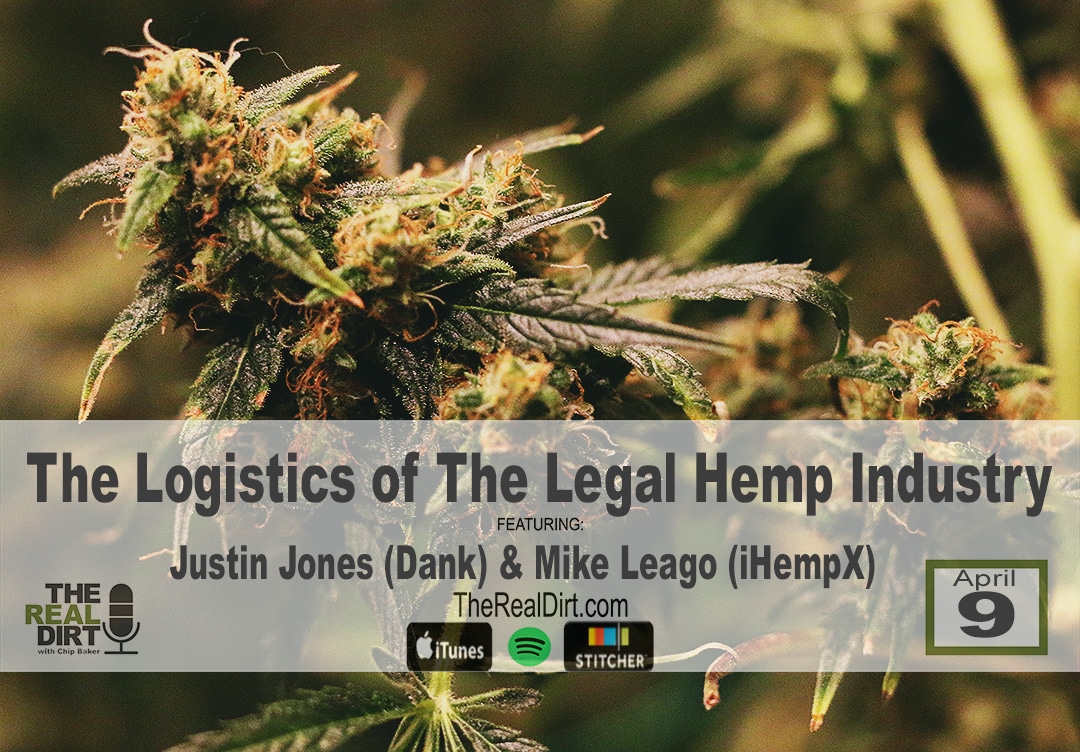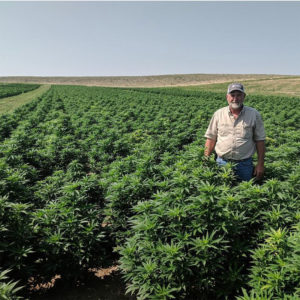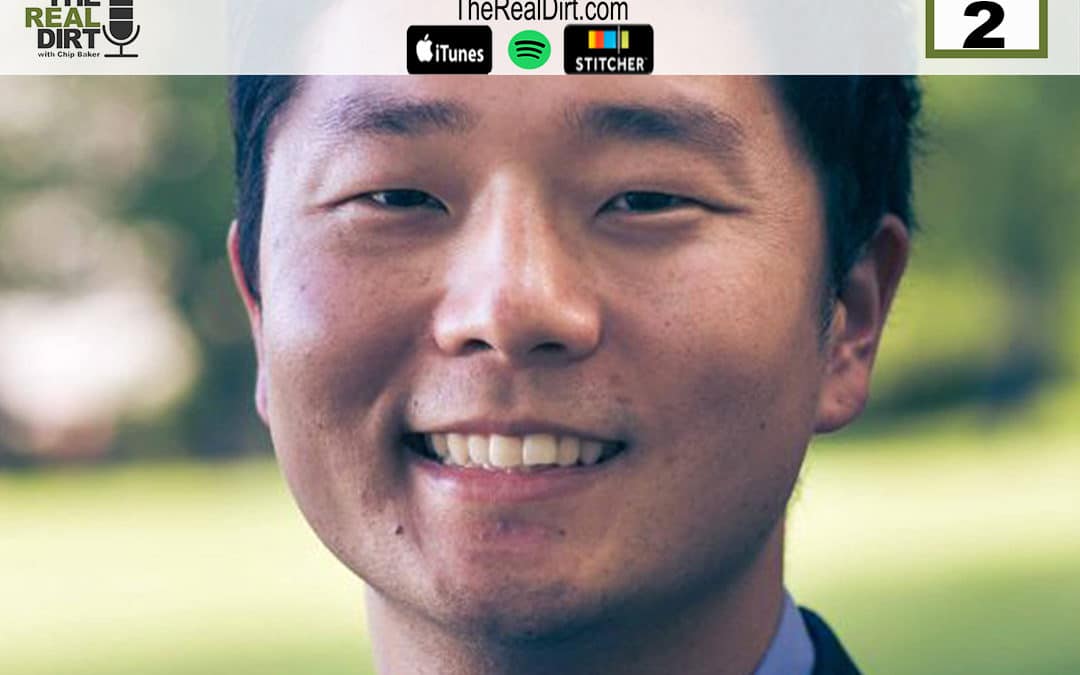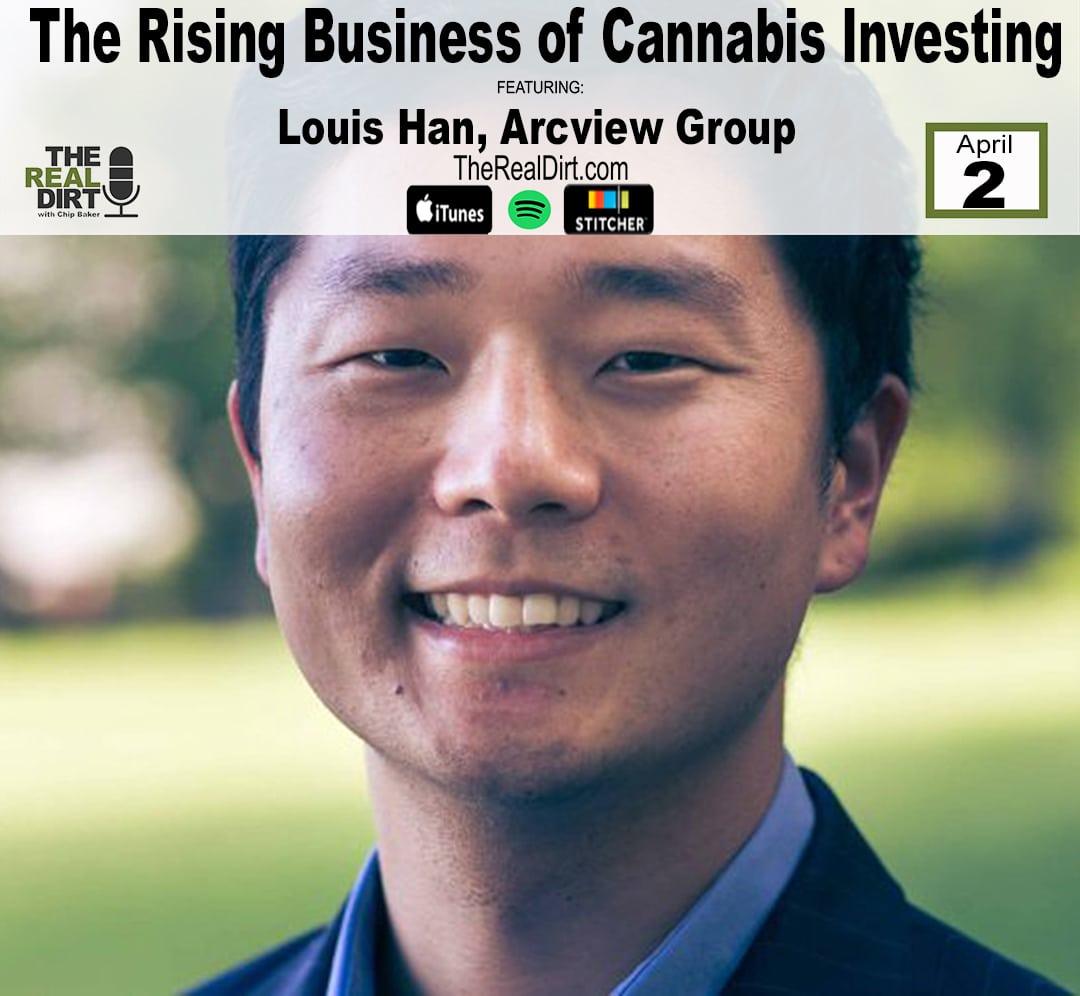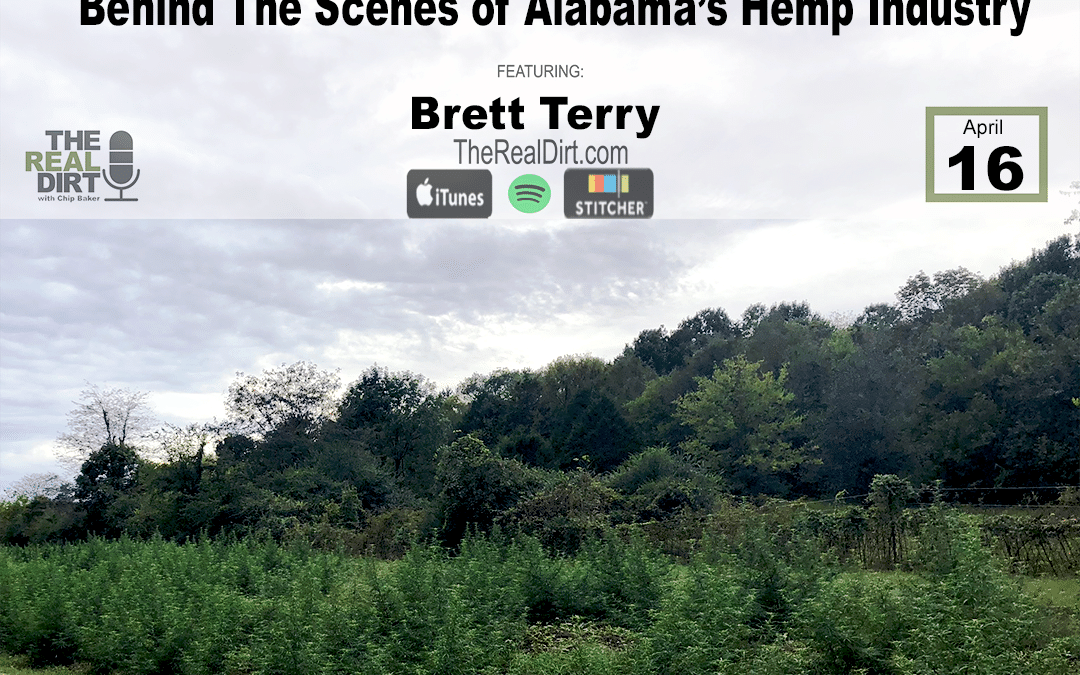
Inside The Alabama Hemp Industry
Podcast: Play in new window | Embed
Subscribe: Google Podcasts | Spotify | iHeartRadio | Stitcher | Email | TuneIn | RSS

Hemp is legal in Alabama…and everywhere else in the US. But that doesn’t mean all the laws are the same.
The 2018 Farm Bill federally legalized industrial hemp, opening up a brand new marketplace for interstate commerce with federal regulation. This is a huge step for hemp and cannabis (since they are the same thing), but the bill isn’t perfect.
One unique aspect of the bill is that it gives states a year from its passing (December 2018) to either draft their own industrial hemp laws that still fit within federal regulation, or get rid of any hemp laws they currently have, and accept the new federal regulation as their own.
While states like Colorado — that had an amendment to its constitution allowing for the production of industrial hemp — voted to remove the amendment from the constitution to avoid any backlash from federal government, others still have hemp laws on the books.
Alabama is one of them.
Hemp Laws in Alabama
To get the most accurate description of Alabama’s new laws, the best place to go is the Alabama Department of Agriculture and Industries.
Hemp is now deemed an agricultural commodity and is no longer classified as a controlled substance in the US, and in turn, Alabama. It is important for the public to understand that hemp is not legal to grow or process in Alabama until a plan is developed and approved by the United States Secretary of Agriculture.
The USDA will require participating states to include information on applicants, testing procedures, inspection of growing/processing facilities and disposal procedures. The Alabama Department of Agriculture and Industries (ADAI) will work in consultation with the Governor’s office, the Attorney General’s office and law enforcement agencies to create a plan of action regarding statewide regulation.
So, while hemp is federally legal and Alabama is not fighting that, the state is still setting up its legal industry. At the time of this writing (April 2019), Alabama will have already closed its application window for growers, processors and distributors.
Over 180 farmers have been approved, with some 60 processors in addition.
This Week’s Episode of The Real Dirt
One such person that was able to obtain a farming license for industrial hemp in Alabama was Brett Terry. A longtime friend of Chip’s, Brett works with Front Range Biosciences in Boulder, Colorado.
Front Range Bio is working to rapidly advance the growth methods and techniques for cannabis and industrial hemp, from cleaner farming practices to cell cultures. Originally from Alabama, Brett saw the massive market potential for hemp in the state.
As a strong agricultural provider for the country, Alabama is packed with farmers looking for new opportunity. While those that didn’t meet the March 1st deadline must now wait until October to apply for licensing, Brett is already getting started.
Hear Brett’s story and what he’s experienced so far in Alabama’s legal hemp industry in this episode of The Real Dirt Podcast.

